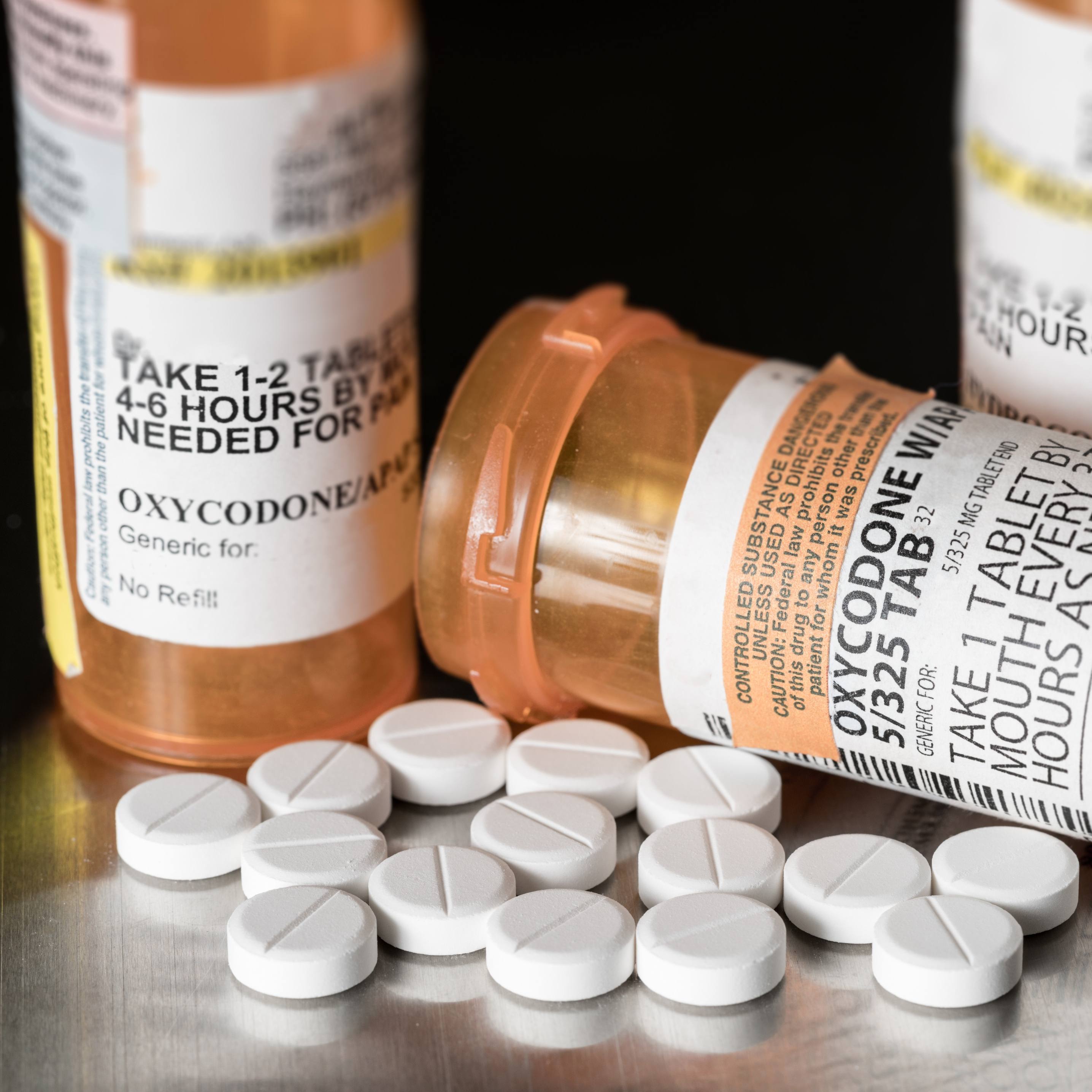-
Health & Wellness
Knee Replacement Can Be Reasonable Option Even for Older Adults
Knee Replacement Can Be Reasonable Option Even for Older Adults
November 9, 2012
Dear Mayo Clinic:
I am 72 years old and need a knee replacement. Is this safe at my age? Will I be able to do the same activities after I have recovered from surgery?
Answer:
If you are otherwise in good health, knee replacement surgery can be a reasonable option for someone your age. It should only be used if other nonsurgical treatment approaches have not worked for your knee problems, though. As with any surgery, knee replacement does involve some risks. But for many people, this surgery offers a good opportunity to return to an active lifestyle.
Knee replacement surgery is most often used to repair joint damage caused by osteoarthritis and rheumatoid arthritis that causes knee pain and makes it hard to do daily activities. During knee replacement, a surgeon cuts away the damaged bone and cartilage from your thighbone, shinbone and kneecap and replaces it with an artificial joint.
The number of knee replacements being done for people 65 and older in the United States has risen sharply, with the rate of these surgeries almost doubling in the past several decades. There are a variety of reasons for the increase.
First, arthritis is a condition that affects older adults much more commonly than younger people. The U.S. population overall is aging, so there are many people over the age of 60 who have knee arthritis. Second, many of today's older adults were quite active throughout their life and into their 40s and 50s. Although an active lifestyle is good for your health, it can wear out your knees.
Of course many of these people, like you, want to stay active into their later years, too. It's not uncommon to see 80-year-olds and even 90-year-olds with symptomatic knee arthritis that they want treated, so they can return to their usual activities.
Knee replacement surgery can help. But you should try treatment options that don't involve surgery first. Changing your exercise routine to include low-impact activities, such as swimming and walking, rather than high-impact activities such as running, can help relieve some knee pain. Maintaining a healthy weight is one of the best things you can do for your knees, as every extra pound puts additional strain on your joints. Over-the-counter and prescription pain medications can be useful, as can steroid injections. If you have not tried these treatments yet, talk to your doctor about them.
If you still have significant knee pain despite these measures, then knee replacement surgery may be the right approach. Recovery after surgery is quicker than it used to be. That's because anesthetic techniques and postoperative pain control have improved over the last 10 to 15 years.
The surgical technique now used allows people to get up and start moving almost immediately after surgery. I've seen some patients return to the swimming pool or use a stationary bike as soon as two weeks after knee replacement surgery. Complete recovery usually takes about a year. But in many cases, people can go back to doing most of the activities they normally do in about four to six weeks. Most people can expect to eventually be able to return to activities such as dancing, swimming, biking and hiking.
As with all surgeries, knee replacement does come with some risks, including blood clots and infection. But the rate of complications associated with knee replacement is small, and doctors can take precautions to minimize the risks. Some people do have stiffness in the knee after surgery, and about 10 to 15 percent of patients experience mild knee bursitis.
Talk to your doctor about the benefits and drawbacks of knee replacement. Review your medical history and any other current health problems you have, as well as what you would like to be able to do after the surgery. In many cases, knee replacement can help people your age regain mobility and return to activities they enjoy.
— Robert Trousdale, M.D., Orthopedic Surgery, Mayo Clinic, Rochester, Minn.
Related Articles







